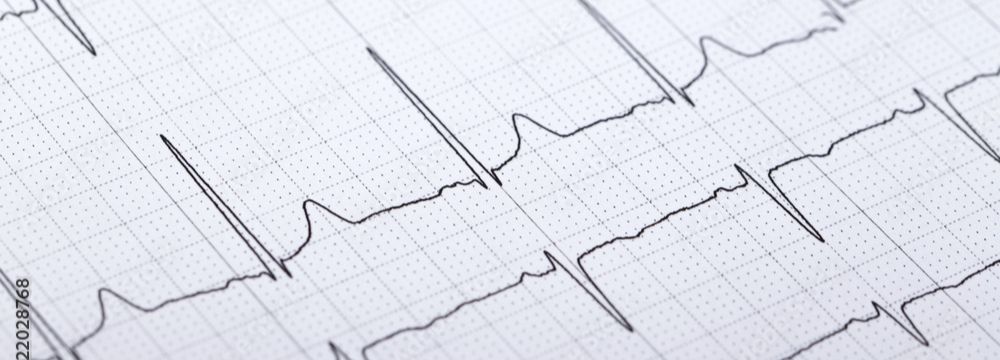Weight Loss Medications
Bariatric surgery is primarily a disease improvement and resolution procedure, but we always discuss weight loss numbers and ideal weight with our patients. After all, it is called weight loss surgery, and virtually every patient has expectations. Some of these expectations are very lofty, while others are reasonable, and we, as bariatric surgeons, must offer each of our patients a goal or target that makes the most sense for their circumstances. Now, if you have researched bariatric surgery, you’ll know that there are averages associated with each procedure. These are good numbers to understand, but do they ultimately give you the best idea of what results you should expect to achieve? The answer is probably not, and we will talk about why, along with learning more about the body mass index and why its limitations leave much to be desired.
The BMI and Its Limitations
The BMI, or body mass index, is a tool we use almost ubiquitously in bariatrics to classify average weight, overweight, and obesity. These cut-offs are arbitrary but useful because they help us understand who a candidate for bariatric surgery may be. It also gives patients a manageable number to measure their progress beyond the scale.
However, the body mass index has significant limitations, making your precise ideal weight a mystery. And that’s why the body mass index gives us a range for each classification. Because everyone is different due to their musculature, gender, and frame size. We like the example of a bodybuilder. They may have sub 5% body fat, yet often, they will register as obese when using the BMI scale. This is because muscle is dense, and above-average muscle mass is not accounted for in the BMI tables.
On the other hand, we have patients who may have a significant amount of body fat but very little muscle. The BMI may show them as average or underweight, but they aren’t especially healthy.
With that, most bariatric patients should expect to adjust their ideal weight somewhat higher than their BMI suggests, especially if they are dedicated to their exercise plan, including weightlifting and strength training.
With This Being Said, Can You Even Reach These Goals?
The short answer is yes, you can, but you shouldn’t make reaching a certain weight your only focus. Let’s talk about averages of weight loss.
If you follow the literature on bariatric surgery, you’ll find that of the most popular bariatric surgeries today, the gastric sleeve offers the lowest average excess body weight loss at about 65 to 75%. However, many patients have reached 80, 90, or 100% excess body weight loss through dedication and focus. They do this by going to the gym regularly and watching what they eat. Usually, they have dedicated themselves to a permanent lifestyle change.
Other patients drag the averages down. Typically, these are patients who, upon starting the bariatric surgery process, believed that losing weight would be easy and did not require much hard work. Upon realizing that bariatric surgery is just a tool and not a magic bullet, these patients often get frustrated and regain weight. So, your mindset is critically important to the long-term success of your procedure and, ultimately, how much weight you can lose and keep off.
Is 100% Excess Body Weight Loss Reasonable?
You may wish to shed every last pound of excess body weight, and it’s a commendable goal, but out of the gates, it’s not what we want to see. Lofty goals such as these can be very frustrating if you don’t hit them in the time frame you expect. Instead, give yourself several interim goals. Start with 10% excess body weight loss, then move on to 20%, 30%, and so forth. Consider 80% excess body weight loss as your ultimate goal, and revisit that goal once you hit your number. From there, you can push for even more.
Most importantly, do not become obsessed with the amount of weight you’ll lose. Yes, it is the most straightforward measure of your success. But other measures, like your waist size, blood work results, how you feel, your stamina, and your sleep status, are all significant progress indicators and should be celebrated.
The Bottom Line
Start addressing excess weight to reduce the risk of many problematic issues and concerns by seeking appropriate care from a weight loss specialist like Dr. Higa. There are weight loss options ranging from nonsurgical injectable medications Wegovy and Zepbound to surgical options that are safe and effective. We encourage you to contact us to schedule a consultation and learn more about the available options.











